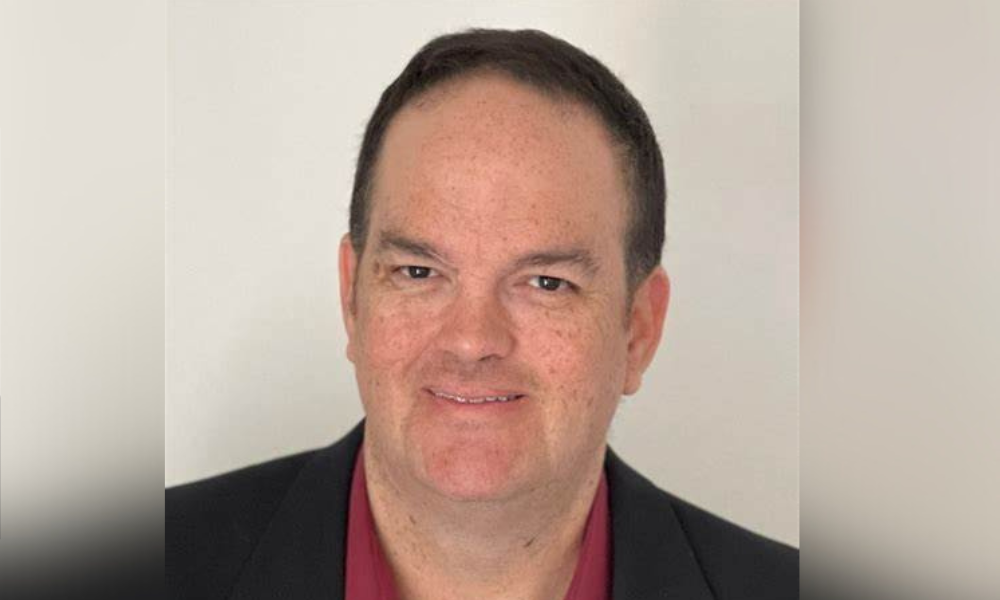One broker shares his thoughts about another type of occupancy fraud he has seen

While the country waits to see what happens with the Trump administration's efforts to remove Fed governor Lisa Cook from the board for alleged occupancy fraud, one broker believes some of the blame needs to be pointed elsewhere.
Carlos Scarpero (pictured top), mortgage broker at Edge Home Finance, said that while we don’t know the whole story behind the case yet, he wants to know why this potential fraud wasn’t caught before the loan was closed.
“The whole thing with Lisa Cook is we don't know at this point,” Scarpero told Mortgage Professional America. “She hasn’t been charged with anything, and it seems like the onus of everything is on her. When I'm like, wait a minute, there's a loan officer here that either gave her bad info, which is entirely possible, or is pushing her into making something happen, to make a commission.
“It is possible that maybe she did it, but somebody should have caught it, because it's pretty obvious. These two houses are not in the same state. One was close to her work, and one is not close to her work. So it should be pretty freaking obvious.”
A 1,000-mile difference
Experts have discussed ways that brokers and underwriters can catch fraud before a loan is closed. One of the ways is when the two properties in question are nowhere near each other, and both are being claimed as primary residences.
“If you're looking at an application and the address, you work for a college,” Scarpero said. “So you have to be there for college. Any decent underwriter should say, ‘Well, wait a minute, you're working for the University of Michigan, but you live in Georgia? What's the deal?’ That’s a 1,000-mile difference.”
Regardless of how the case ends up being decided, Scarpero is glad that occupancy fraud is being brought to light. He said it is happening too frequently, in part because borrowers are hearing about it from social media influencers.
In cases where the broker is suggesting it, Scarpero said it’s because getting loans done is how they get paid.
“Why do loan officers do it?” he said. “It’s not because we like fraud. It’s because we don’t get paid. It’s because we get paid on commission. We’re paid to get the deal done. We want to feel important that we made some money, and we don’t consider the consequences, which could be losing your license.”
Scarpero also said some loan officers don’t consider it fraud in the same way fraud was carried out when he first entered the business.
“The first time I was in the business, I knew people who did real fraud, which was white out,” he said. “They were like, ‘It’s not a big deal. You’re not really hurting anybody.’ Except you’re hurting the lender. They acted like it wasn’t a big deal, but it’s a big deal.”
Another type of occupancy fraud
While the Cook case revolves around occupancy fraud, where more than one residence was claimed as primary, presumably to get a better rate on the mortgage, there is another type of occupancy fraud.
For borrowers who are struggling to qualify under standard loan rules for loan-to-value, some brokers could try to claim that the buyer will not live in the property and attempt to qualify them using the debt service coverage ratio (DSCR).
Scarpero had someone call him as he boarded a flight on Monday, describing that exact scenario.
“Apparently, he was being declined for a bank statement loan because he didn't make enough money,” he said. “So what does the loan officer tell them? ‘We'll just flip this thing to DSCR and get it closed.’ I'm like, ‘Dude, that's occupancy fraud. They're literally just telling you to commit loan fraud.’ I’m not mad at him because he didn't know any better. He's just a borrower. But it's the loan officer that I'm mad at.
“Why was she telling him this stuff when it's obviously fraud? It's not even a maybe. It's not kind of fraud. It’s fraud. I said, ‘No, dude, you can't do that. I have other programs. Maybe we can always do no-doc. You don't have to commit fraud.’”
Kenneth Katkin, law professor at NKU’s Chase College of Law, explains why a district court’s decision—strategically delayed to limit Supreme Court review—may keep Cook in her seat and clear the path for more aggressive rate cuts.https://t.co/7XxxiSc47g
— Mortgage Professional America Magazine (@MPAMagazineUS) September 9, 2025
He said that is why homebuyers need to have a trusted mortgage broker they can reach out to so they can get good advice. Scarpero also said people need to stop getting advice from influencers.
“I've had a couple of non-QM deals fall apart where the account executive actually encouraged me,” Scarpero said. “They said, ‘I see they don't have a primary residence. Just call an investment.’ You're encouraging me to lie to your company. Unfortunately, I think a lot of them hear crazy stuff from TikTokers and YouTubers.
“People like that who are saying crazy stuff and putting ideas in their heads. They get these crazy ideas. ‘Look how much money I save.’ Well, you can save a lot of money committing fraud, but fraud is still fraud.”
Stay updated with the freshest mortgage news. Get exclusive interviews, breaking news, and industry events in your inbox, and always be the first to know by subscribing to our FREE daily newsletter.



